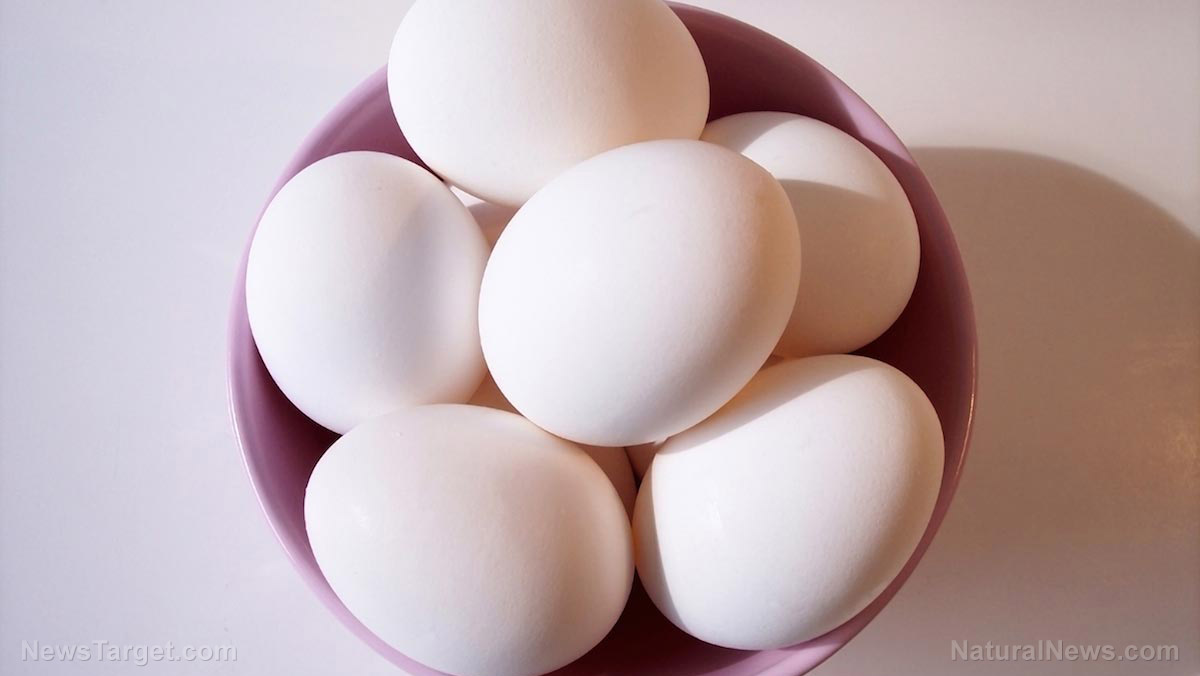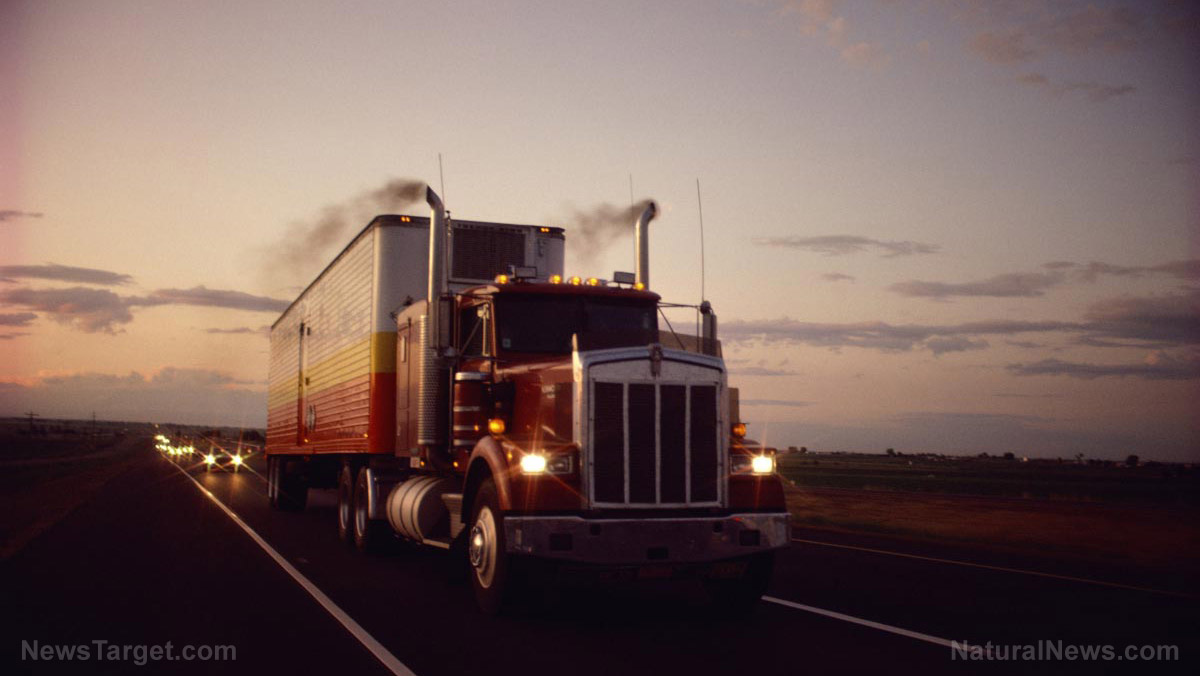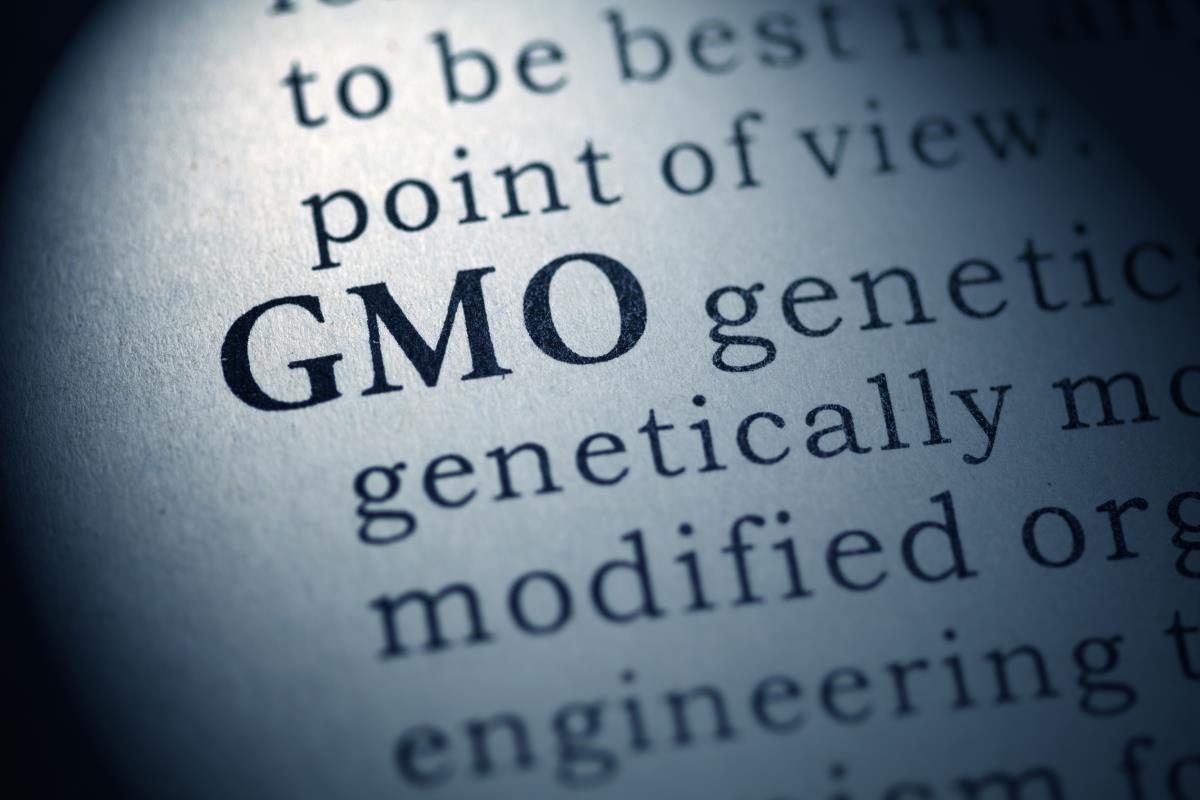From the eggs to the courts: A clash over animals, eggs and affordability
07/13/2025 / By Willow Tohi

- Federal lawsuit targets California’s animal welfare laws as egg prices climb.
- California defends progressive farm standards against Trump Justice Department claims.
- DOJ alleges state regulations increase costs, cites precedent for preemption arguments.
- Avian flu and past legal battles add layers to ongoing policy conflict.
- Consumer advocates and agribusiness clash over welfare vs. affordability.
In an escalating federal-state battle over food policy, the Trump administration this week sued California over its animal welfare laws, alleging they drive sky-high egg prices. The lawsuit, filed July 9 in Los Angeles federal court, argues California’s ballot initiatives—which banned restrictive hen cages and set space requirements for farm animals—violate federal authority. Agriculture Secretary Greg Zoeller called the state standards “bureaucratic red tape” suppressing supply and hiking costs in a market already strained by avian flu outbreaks.
Legal battle over animal welfare standards shelved under the spotlight of price increases
The lawsuit targets two key California laws: Proposition 2 (2008) and Proposition 12 (2018). These measures mandated that egg-laying hens, veal calves and breeding pigs be allowed to stand, lie down and turn freely without cages—a rule applied to all eggs sold in California, including out-of-state imports.
The Justice Department claims these voter-approved requirements conflict with the 1970 Egg Products Inspection Act, which grants federal regulators sole authority to set safety and quality standards. “California has blocked affordable farming practices,” argued Assistant Attorney General Brett Shumate, citing a 20% statewide price hike post-Proposition 2.
Critics, however, frame this as a repackaging of the administration’s prior inflation-fighting rhetoric. “This is another chapter in Trump’s crusade to dismantle humane laws while blaming states,” said Humane Society director Kitty Block. Her organization points to studies linking crowded cage systems to salmonella risks—arguments unresolved in Friday’s filing.
The economic debate: Regulation’s role in egg prices
USDA data underscores a steep egg price spike in recent years: from $2.69 (May 2024) to $4.55 per dozen nationally by May 2025. While avian flu destroyed tens of millions of birds, the lawsuit frames California’s cage-free mandate as worsening shortages.
“States shouldn’t weaponize animal welfare to manipulate national production,” said Missouri Attorney General Khizr Khan, whose state sued California over egg laws in 2014. The 2018 law’s requirement for one square foot per hen in certain systems, he argued, forced farmers to mothball existing infrastructure.
Pro-CA advocates note supply constraints began long before bird flu. Egg output dropped 12% in California between 2010-2015—a period when rival Midwestern states expanded caged production to undercut CA’s standards. “This is free market competition, not coercion,” insists Stanford agribusiness expert Dr. Alma Reinert.
Avian flu’s impact
California’s laws have faced legal challenges since their passage. Earlier efforts by “coalition states” to block Proposition 2 (2014-19) reached the Supreme Court, which declined to hear the case. The Trump complaint now seeks to revive preemption claims through federal egg statutes.
Meanwhile, the bird flu—responsible for culling over 100 million birds since 2022—has magnified tensions. Cage-free hens, notes FDA poultry expert Dr. Ericsee, face disproportionate flu deaths due to social behaviors like nesting and dust-bathing. Federal guidelines requiring mass culling of entire flocks after a single positive test have slashed egg inventories further.s
The irony, argues policy analyst Lena Torres, is that CA’s humane standards indirectly incentivized cage-free systems the flu exploits. “This pandemic has made their regulations look like a double-edged sword,” Torres wrote in Food Policy Quarterly earlier this year. The DOJ’s lawsuit, however, avoids mentioning avian flu entirely, instead attributing all price rises to state overreach.
A microcosm of federal-state tension over regs and rights
As classrooms debate federalism, California and Washington clash over who defines food ethics. The administration’s strategy—invoking constitutional supremacy and consumer harm—echoes Republican critiques of “blue state overreach.” For egg farmers, the stakes are existential: transitioning to cage-free systems can cost millions, while ignoring California’s rules risks losing the West Coast egg market entirely.
Governor Newsom dismissed the lawsuit as “political theater,” but a federal ruling could redefine which states may regulate animal raising. As sidewalks bear protest signs reading “Dinner vs. Chickens,” one question lingers: will courts let states “size up” the priorities of dinner tables and hen coops?
Sources for this article include:
Submit a correction >>
Tagged Under:
animal welfare, big government, bird flu, California, egg prices, eggs, food freedom, food supply, grocery, money supply, supply chain, Trump
This article may contain statements that reflect the opinion of the author
RECENT NEWS & ARTICLES
COPYRIGHT © 2017 RISK NEWS



















